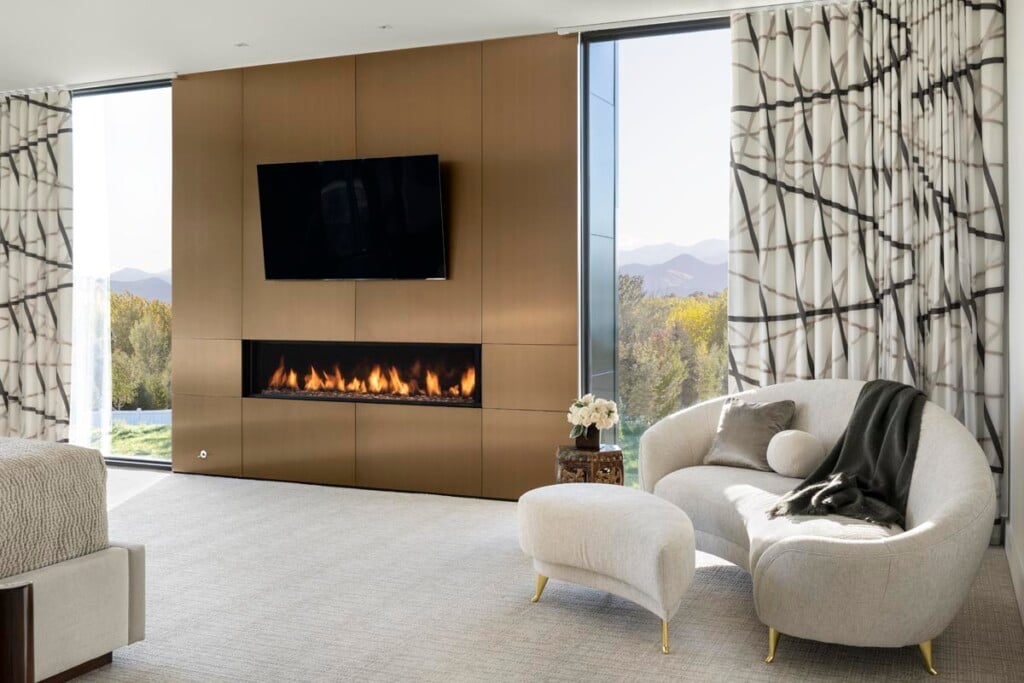How to Shop Luxury Home Design with an Eco-Conscious Mindset
Whether you’re investing in custom furniture, artisan textiles or statement décor, the true mark of luxury lies in choosing ethically and responsibly sourced pieces.
Navigating the luxury home design market with an eco-conscious mindset requires more than admiring craftsmanship, it calls for understanding the story behind each product. From the origins of the wood and fibers to the finishes, shipping practices and longevity of the design—every detail matters.
By researching a few key factors—how materials are sourced, whether production supports regenerative systems, how companies manage waste and the life span of what you buy—you can make informed choices that align your aesthetic values with environmental ones. These are a few of the ways we, and some of our partners in business, are doing our part for the planet.
Source natural materials, not synthetics
Opt for natural fibers such as wool, cotton and plant fibers (at Integral Thread we use hemp, nettle, jute, even cactus) to keep chemicals out of the equation. Look for textiles harvested through regenerative methods which focus on restoring soil health and ecosystem vitality, not just producing fiber. For wool, this includes rotational grazing to improve pasture health and animal welfare. For cotton, it involves no-till farming, cover cropping and intercropping to increase soil carbon, conserve water, enhance biodiversity and reduce pesticide use. Both systems take a holistic approach—working with nature to create more resilient and sustainable production cycles.
Invest in wood products that are sourced locally and sustainably
Look for certifications from organizations like the Forest Stewardship Council (FSC), which verifies that wood is harvested in environmentally and socially responsible ways. Go local whenever possible. As an example, Copeland Furniture, whose line we carry, sources lumber from the American Northern Forest, much of it within a 500-mile radius. This not only reduces the energy used to transport raw materials to their factory, but also ensures hardwoods come from legal, well-managed forests.
Avoid toxic finishes
Even sustainably sourced wood can become less eco-friendly if coated with high-VOC varnishes or formaldehyde-based adhesives. Look for products that are GREENGUARD Certified for low chemical emissions.
Support products made in a closed-loop system.
Many companies now repurpose waste as a resource for new products. For example, Borrowed Earth Collaborative, another line we have curated due its powerful eco practices, utilizes stone waste from their tiles and panels to create sculptures, collectible designs, serving ware and more. In addition, they produce functional building bricks from stone fragments leftover from their quarries.
Verify sustainability statements
Check company websites to see how they contribute to sustainability—either through their products or by offsetting carbon emissions in areas where full sustainability isn’t yet possible. For example, in addition to using sustainable forestry practices, Copeland Furniture has also installed a solar farm on their factory property to produce renewable energy.
Research companies’ shipping policies
Check to see what companies you buy from do to reduce packing and shipping waste. At Integral Thread, we’ve invested in developing reusable canvas bags for shipping our samples and full-size rugs locally. This reduces plastic and cardboard waste, and we’re working on next steps to extend these practices to international shipping and packaging.
Consider the life-cycle cost
Buy products that are built to last. We’ve been a throwaway society for years, and that habit continues. With so many products available, it’s easy for consumers to make impulse purchases—even on a large scale, with furniture and rugs.
Buy pieces that mean something
Choose furnishings, textiles and decor you’ll hold onto for decades. Doing so saves energy, reduces waste and contributes to a more sustainable lifestyle. Do your research—there are countless beautiful, luxury products on the market that also have a strong eco-story behind them.
Stephanie Holmes is the owner of Integral Thread, a creative design studio and showroom offering bespoke, hand-made rugs & textiles, luxury furnishings, high-end custom cabinetry and unique stone tiles/panels that are natural, sustainable, and ethically sourced. View their profile or visit their website for more information.
Content for this article provided by Integral Thread.










